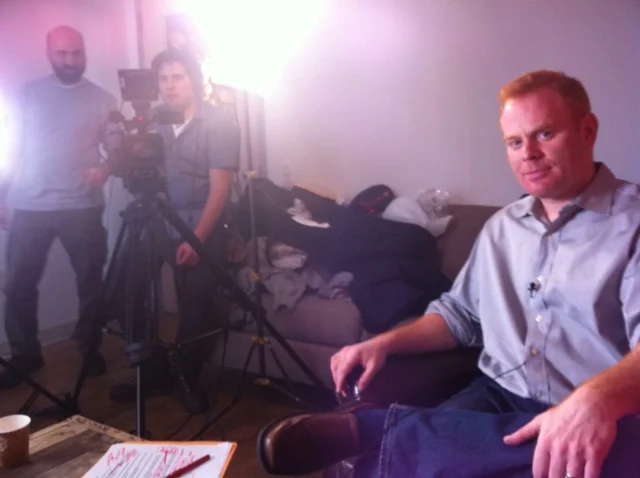In just seven years of operating, Eliot Durbin and Ed Sim (pictured above) have established Boldstart Ventures as one of the sharpest funds in the city with a specific focus on enterprise. I recently got the chance to talk to Eliot about the fund’s origins, “the scars on his back” from the early years, and the unique nature of investing in B2B startups.
We were also able to delve into some of the trends that Boldstart is most excited about in 2016, including Smart Data, Saas 2.0, and the Googleization of IT. Eliot shared some further insights on working with serial entrepreneurs, the rise of “shadow IT,” and the implications of increased decision-making power for engineers in big corporations. Over the course of the discussion, it was easy to see how Eliot’s precise, thematic thinking has influenced Boldstart’s growth, benefited their portfolio (including Divide, Rapportive, and Handshake) and the New York tech ecosystem generally.
Shadow IT and engineers being the end-customer for enterprise startups: (20m)
“There are entire companies that have been created to address Shadow IT."
“If you’re Procter & Gamble, you’re developing software…almost every company that’s publicly traded has to develop software in some way shape or form…The folks that are driving that acceleration and that efficiency in the enterprise are the engineers.”
On serial entrepreneurs:
“I love the longer term founders who are on their second or third companies… there is something special about backing a founder a second or third time… They come back and say, ‘Ok, now I have a really big idea.’"
The uniqueness of working with enterprise companies:
“We built BOLDStart with a purpose, to be the best seed fund for enterprise companies."
“If you’re thinking about a solution to a big problem that you have, and you’re considering leaving your job to start that company, we want to talk to you."
Investing:
“It’s kind of like golf, you get better over time. You got to just keep playing the game."


